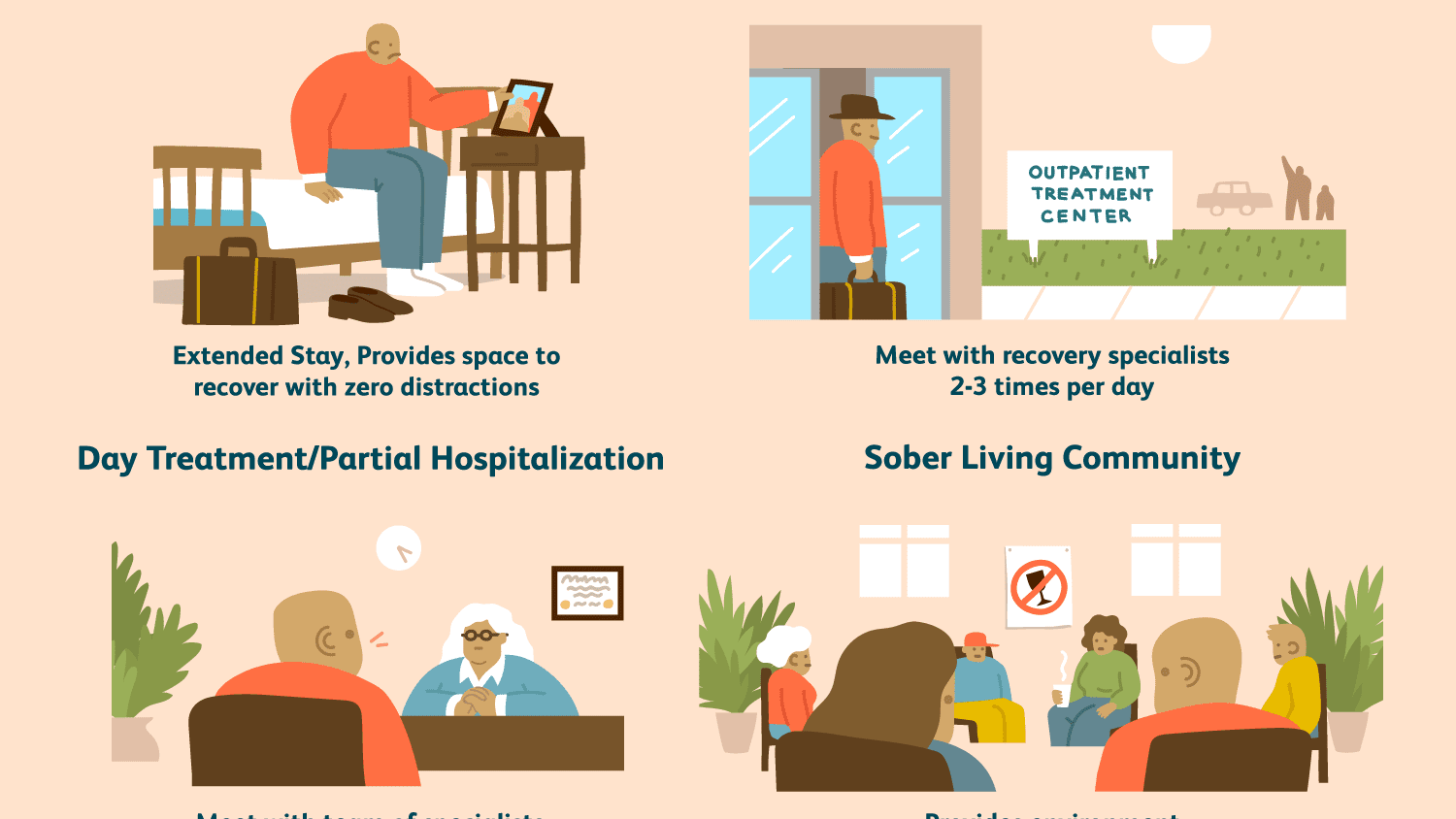Alcoholism affects millions of Americans every year. In fact, according to the National Institute on Drug Abuse (NIDA), over 20 million adults in the US suffer from some form of substance abuse disorder. In their life, these people will need to stop substance abuse and begin their journey to recovery and sobriety.
Detoxification is a necessary step in recovery. It helps the body rid itself of toxins and harmful substances. So, the liver breaks down alcohol and other drugs into harmless compounds during detoxification. However, this process takes time and can leave the body feeling weak and sick. Alcoholics wishing for a holistic and healthy recovery journey should use the alcohol recovery programs available in their location. Such programs provide medical supervision and help throughout the journey.
Detox Programs
If you have ever had alcohol withdrawal symptoms, you probably experienced detoxification. There are two types of detox in the alcohol recovery programs: medically supervised and self-administered. Medically supervised detox programs involve taking medication and undergoing medical procedures. Self-administered detox typically involves drinking water and avoiding certain foods and beverages.
4 Stages of Alcohol Recovery
Effective alcohol recovery programs incorporate a four-step process for full recovery. When you decide to enroll in an alcohol recovery program, you should be prepared to go through these four distinct stages as your body learns to build a sober and healthy lifestyle.
1. Treatment Initiation
Treatment initiation is the first step towards recovery in all alcohol recovery programs. The alcohol recovery program aims to help you actively participate in the treatment and accept that your goal is abstinence. The counselor helps you look at the damaging effects addiction has had on your life, talk about any feelings of denial, and motivate you to recover. They take your alcohol use history, introduce you to the treatment program, and help you create a personal treatment plan.
2. Early Abstinence
The goal of alcohol recovery programs is to push you towards abstinence. When you commit to continuing with the treatment, you begin the second step of the journey. In this step, you are introduced to positive outcomes from the treatment. However, this can be the hardest step because of the continued withdrawal symptoms, relapse triggers, psychological dependence, and physical cravings.
3. Maintaining Abstinence
After 90 days of abstinence, you move on to the follow-up phase in the alcohol recovery program. The goal of this step is to avoid a relapse. The trainer teaches you about the warning signs that can cause a relapse and how the early abstinence lessons apply in your life to help you lead a sober lifestyle.
4. Advanced Recovery
Once you reach five years of abstinence, you have reached the final stage of your alcohol recovery program. You take all the skills and tools you got during the recovery program and apply them to living a fulfilling, sober life.
Conclusion
The most important part of the journey to recovery is accepting your problem and committing to an alcohol recovery program. Though the first stages are hard, the qualified trainers give you maximum support to ensure you recover fully.
Also read about:
Dual Diagnosis Common Mental Disorders Linked with Substance Abuse
How can I get into sports coaching
4 Key Features Office Scheduling Software Must Have

